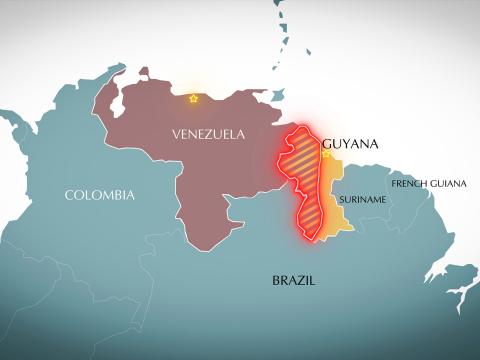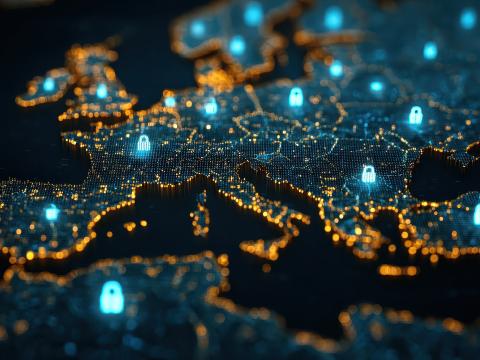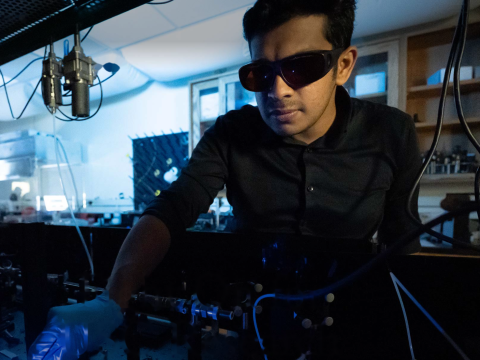Foreign and Domestic Disinformation Vie for Domination
Just as with terrorism, disinformation can be home-grown and as damaging to a democracy as its foreign counterpart. It will take a partnered effort among all people and elements of a democracy to combat disinformation and restore truth to its mantle of supremacy before the institutions that underpin freedom crumble under the weight of lies and other propaganda. The threat is growing and is widespread, as purveyors of falsehoods adjust their tactics to increase effectiveness.
These were among the points introduced by a panel of experts during the opening day of the Intelligence and National Security Summit being held online September 16-18. The breakout panel discussion, titled “Information Warfare: Politics, Pandemics and Public Discourse,” generated one thread in which panelists decried the notion of a democracy waging information warfare.
“I believe that information warfare is the wrong frame for democracy,” declared Laura Rosenberger, senior fellow and director of the Alliance for Securing Democracy, German Marshall Fund of the United States. “In fact, it is the frame that authoritarians are trying to impose to advance their model of the information space as one to be controlled and manipulated.”
“If we start allowing ourselves to see information as a weapon, to see the information space as a weaponized space, as a space for warfare to be conducted, I believe democracy is going to lose,” she emphasized.
If we see information as a weapon, democracy will lose.—Laura Rosenberger, senior fellow and director of the Alliance for Securing Democracy, German Marshall Fund of the United States #IntelSummit20
— Bob Ackerman (@rkackerman) September 16, 2020
That doesn’t mean the information domain should be left uncontested, she cautioned. Rosenberger and her fellow panelists discussed how the public and the government should search out and identify credible sources of information to counter disinformation.
John Kelly, CEO of Graphika, a firm that maps cyber social trends, defined the environment. “Nefarious actors have gotten very good at overwhelming true signals from real people with fake signals from fake people,” he said. “We need to fix that.” Daniel Kimmage, principal deputy coordinator, Global Engagement Center (GEC), U.S. State Department, allowed that the GEC is working in partnership with other organizations to do just that.
Kimmage noted that Russia and China take different approaches to disinformation. Russia tends to invest in tailored disruptive disinformation abroad and propaganda at home, while China tends toward classic propaganda abroad by spreading the message that it is doing great things and is a rising power. He added that Russia’s state-controlled news agency has agreements with Chinese media outlets to exchange personnel and content.
The biggest disinformation threat facing American democracy is not coming from foreigners, it’s coming from Americans. It’s a prerequisite to get a handle on it domestically before we can effectively protect ourselves from foreign sources—John Kelly, CEO, Graphika #IntelSummit20
— Bob Ackerman (@rkackerman) September 16, 2020
But above all, the focal point lies at home. “The biggest disinformation and online manipulation threat facing American democracy is not coming from foreigners, it’s coming from Americans,” stated Kelly. “The fact that they are able to get away with it makes it so much easier for the foreign foxes to run across the unmowed lawn undetected. It’s a prerequisite to get a handle on it domestically before we can effectively protect ourselves from foreign sources.”
Rosenberg went right to the core of the solution. “In a democracy, information rests in the hands of the people,” she stated.




Comments